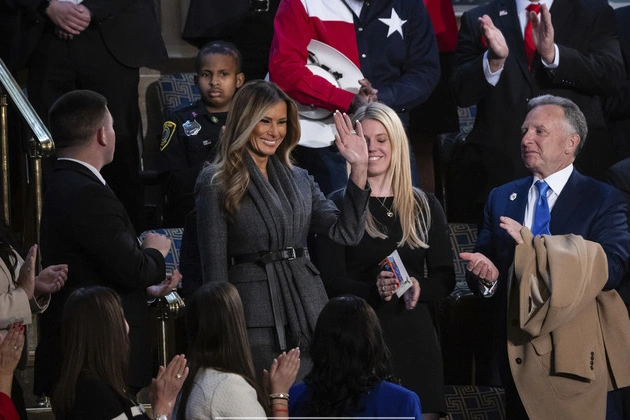
California has agreed to adjust parts of a law concerning social media companies’ disclosure of hate speech, disinformation, harassment, and extremism, following a legal challenge from Elon Musk’s X. The settlement reached between state Attorney General Rob Bonta and Musk’s platform does not fully discard the law, as X initially requested due to First Amendment concerns.
This development hampers California’s efforts to highlight how social media platforms define and manage speech on their sites. It also aligns with moves by other tech leaders such as Meta’s Mark Zuckerberg, who have altered content moderation policies and removed third-party fact-checkers to appeal to President Donald Trump.
X’s Arguments and Legal Outcome
The settlement comes after a September ruling by the 9th Circuit Court of Appeals, which temporarily halted the law’s enforcement due to First Amendment infringements. X contended that the law impeded social media companies’ freedom of speech by compelling them to disclose detailed procedures for evaluating and regulating vague political content categories.
Notably, California’s justice department remains dedicated to upholding the remaining aspects of the law, initially passed as AB 587 in 2022. Assemblymember Jesse Gabriel expressed disappointment with the settlement but acknowledged the retention of critical provisions.
Terms of the Settlement and Platform Obligations
Under the settlement terms, social media platforms are no longer obligated to reveal how they define hate speech, extremism, or misleading content to state authorities. Furthermore, the state cannot mandate platforms to divulge data on the frequency of flagging or removing posts that breach their content moderation policies.
However, platforms must continue to publicly disclose their terms of service and provide biannual summaries of any revisions to state officials. These reports must outline how companies enforce their terms and handle content violations.
Final approval of the settlement rests with a federal judge, signaling potential shifts in social media regulation and transparency moving forward.















